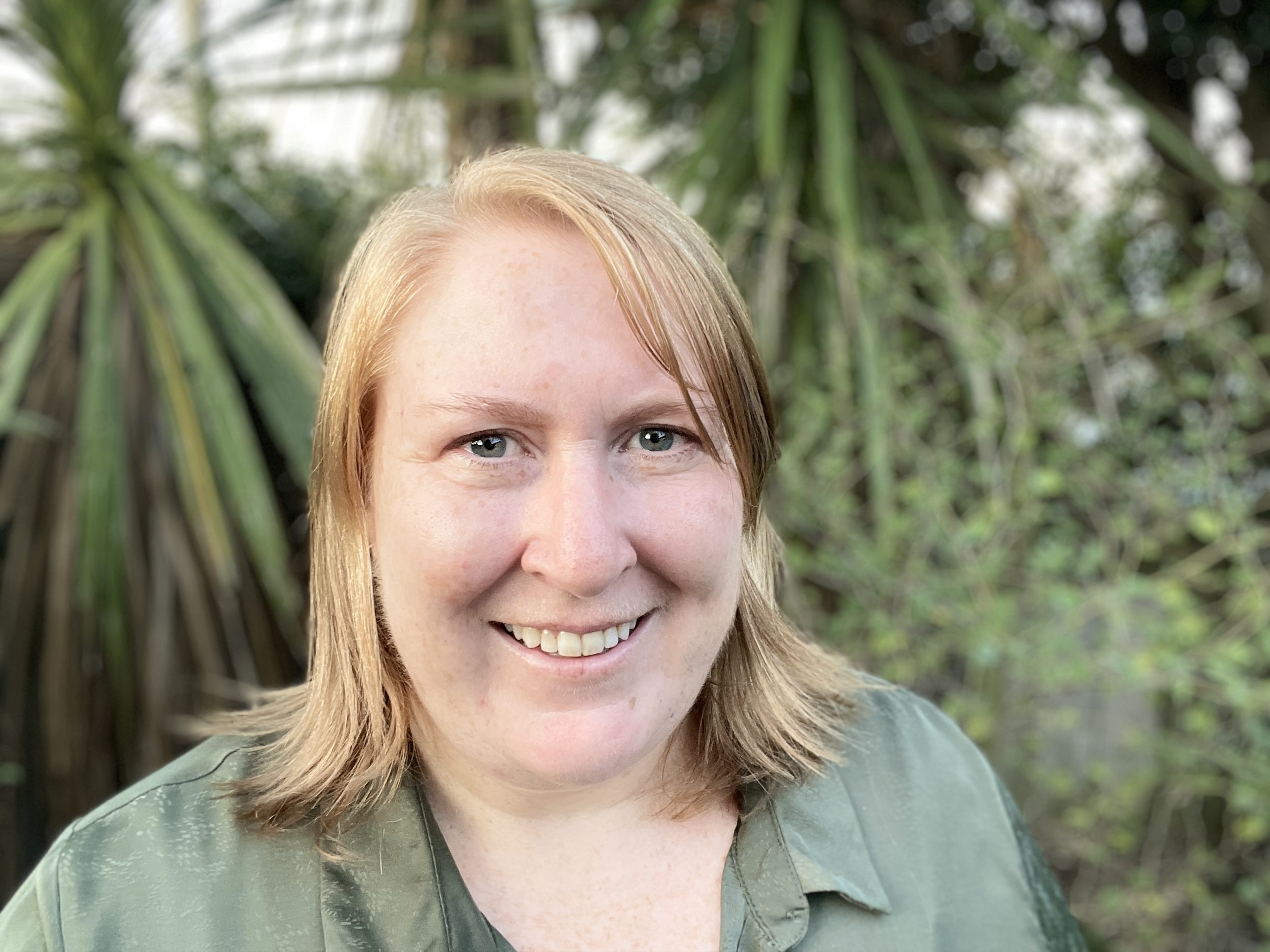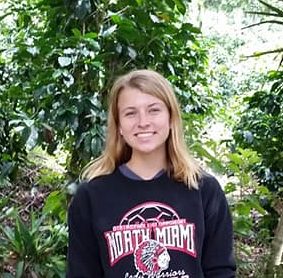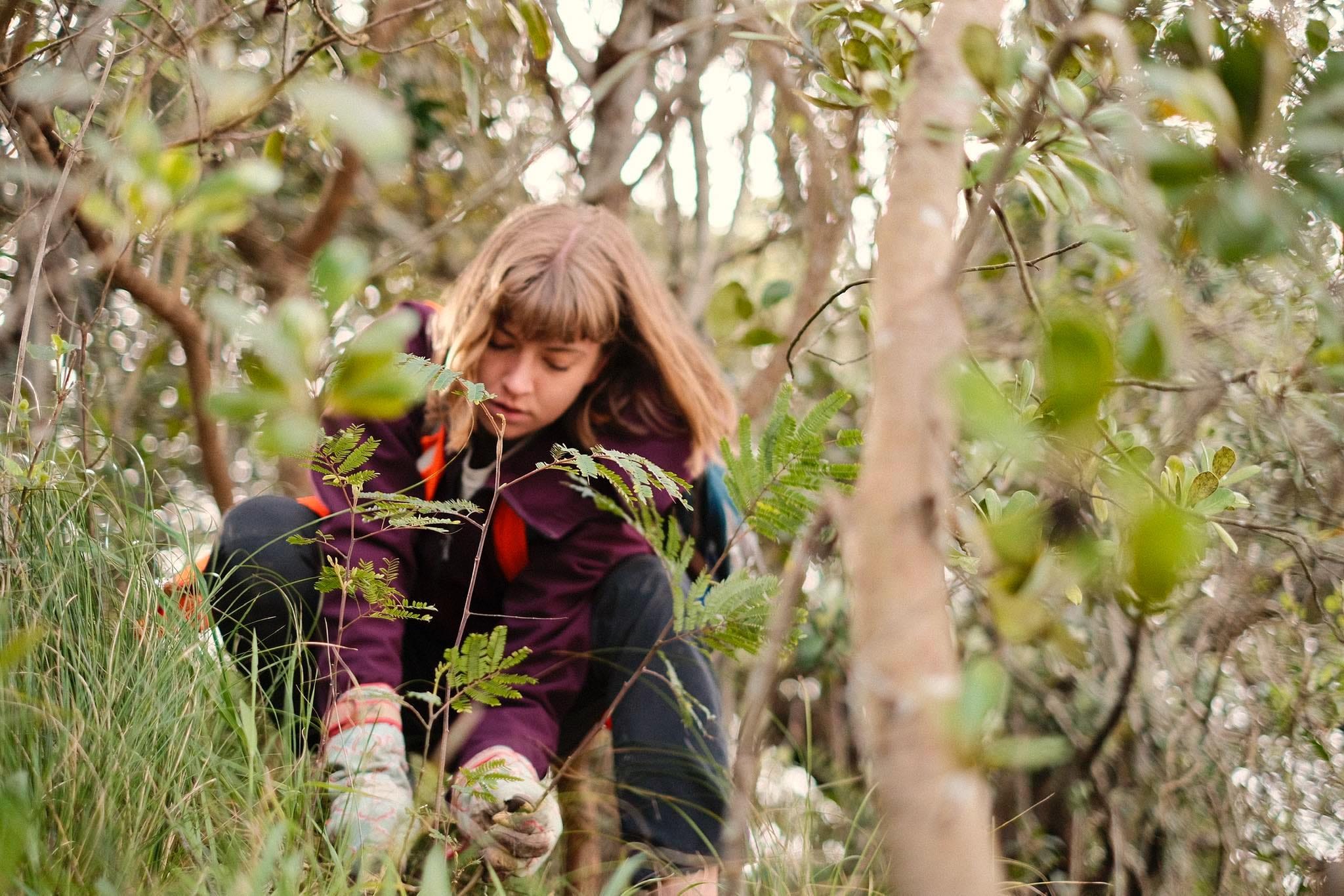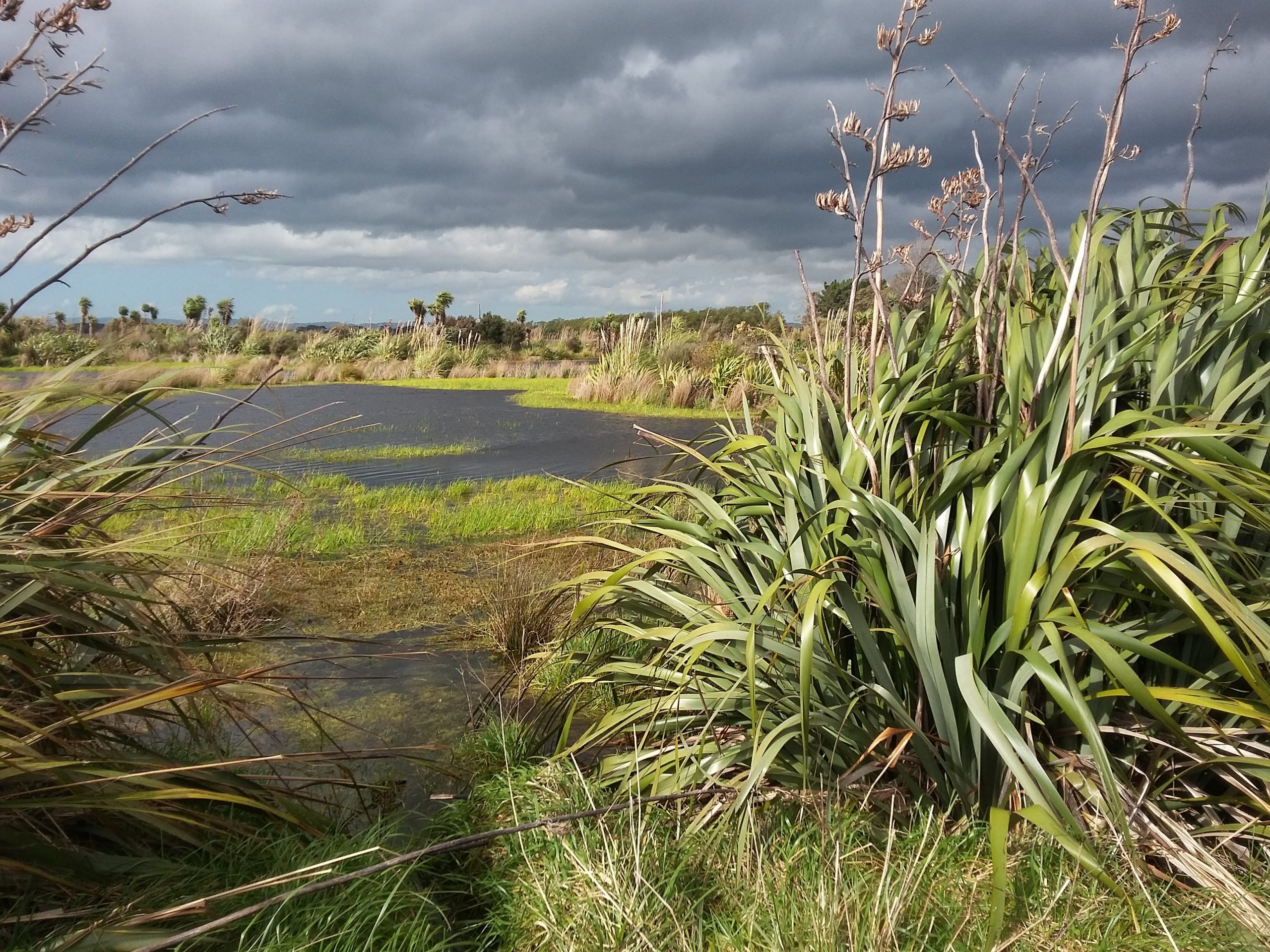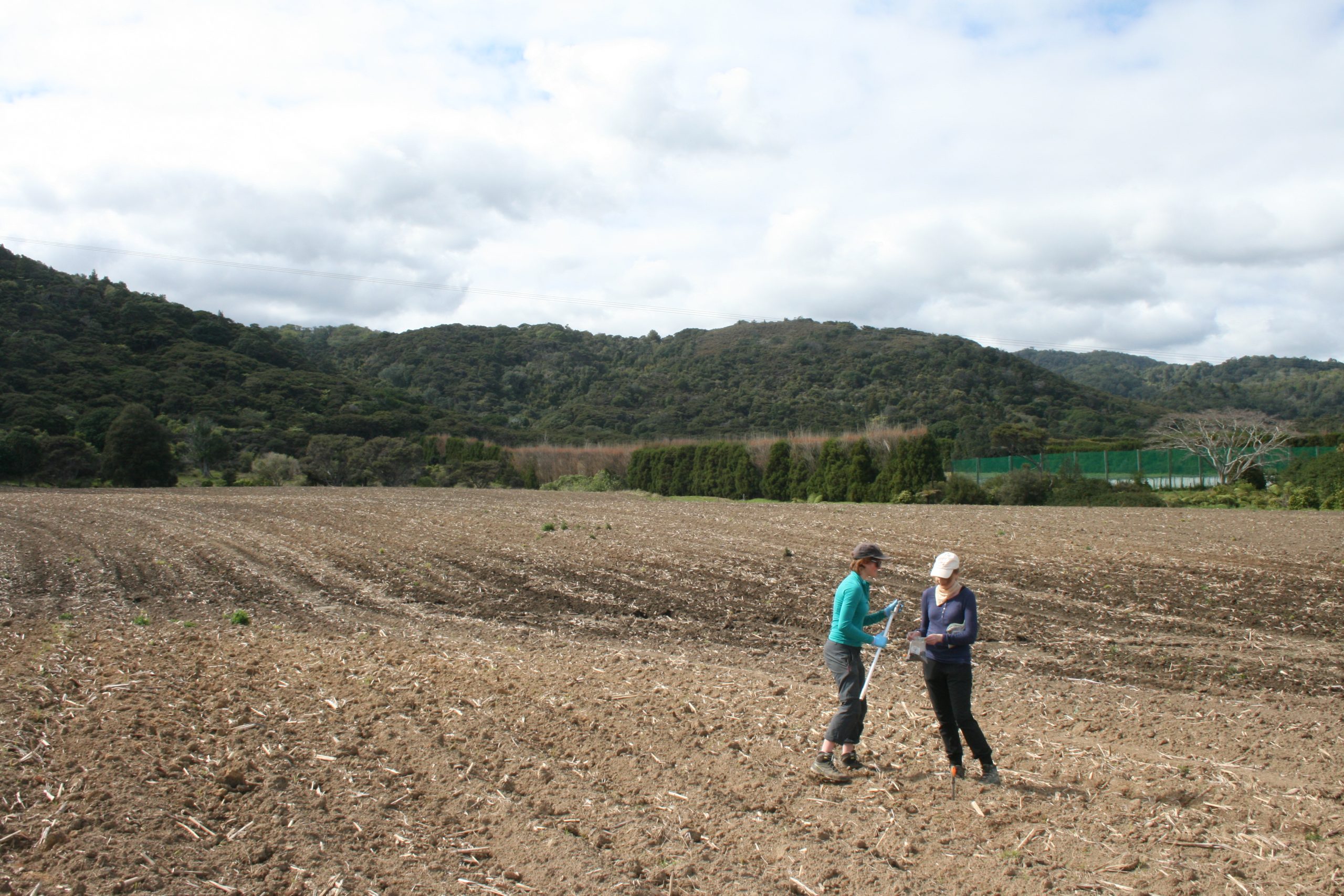
This research theme aims to determine the role of landscape attributes (e.g., surrounding land-use heterogeneity, distance to urban or forest land-use), ecosystem characteristics (e.g., size, age, perimeter to edge ratio), and species traits (e.g., shade tolerance, growth rate) on woody weed incursion in mānuka and kanuka shrublands.
The research will undertake surveys of weed occurrence in a wide range of mānuka and kānuka shrublands across Aotearoa New Zealand and relate them to the landscapes in which they are found. These surveys will be complemented by sowing experiments to introduce non-native plant species into the edges and centres of the shrublands to assess the resilience to invasion by different species. It aims to take a hierarchical approach to identify what makes an ecosystem resilient or vulnerable to weed incursion at different spatial scales.
Analysing national surveys of weed invasion in several hundred manuka/kanuka shrublands across New Zealand and linked these to historical data to provide a unique perspective of invasion over time and space.
This theme closely relates to the research from 1.1 Ecosystem Health where the health of mānuka and kānuka shrublands is being investigated and also Recloaking Papatūānuku: mānuka me te kānuka.
Research Projects
3.2 Weed Invasions
The interactions of co-occurring weeds and their impacts on native plants
3.2 Weed Invasions
Non-native plant invasions in native forests and shrublands
3.2 Weed Invasions
Weed invasions in New Zealand shrublands
Research Team
